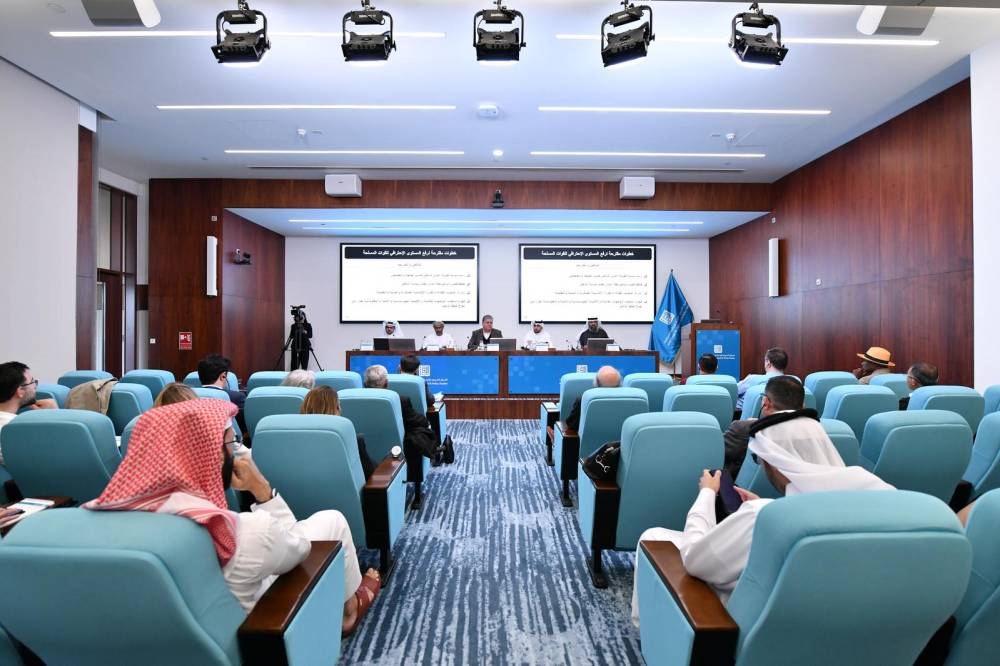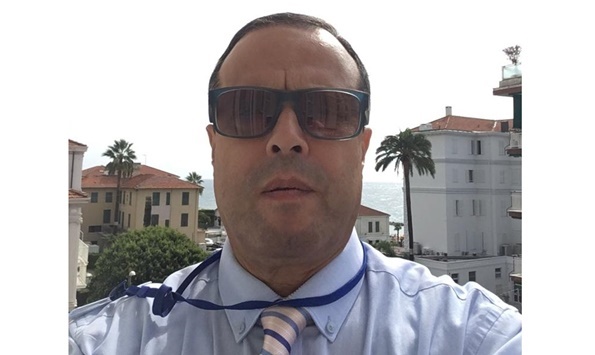A three day conference orgnaised by the Strategic Studies Unit at the Arab Center for Research and Policy Studies on “defence Strategies of Small States and Smaller Forces: Tactical Adaptations and Operational Innovations,” kicked off Sunday.
Participants in the conference, including leading researchers and experts from 28 countries around the world, will discuss the vast range of security challenges and responses available to small states and non-state actors in 30 small states across ten sessions. Drawing from numerous comparative and regional case-studies – from the Caribbean to Southeast Asia, including the Gulf and the wider Middle East region – participants will analyse the evolving nature of defence practices in small states and the innovative ways they employ to confront emerging security threats.
Omar Ashour, Director of the Strategic Studies Unit, in his opening speech, welcomed the participating researchers and attendees. He noted the relativity of the concept of small and smaller, making it subject to the size of the other party in a confrontation. The idea of the conference came to fill some of the knowledge gaps in the literature on the subject. Including definitions, as the literature on the subject is still limited compared to the literature on the economies of countries and their international relations. Ashour then explained the three main objectives of the conference:
First, to provide multi-level analyses - from tactical innovations to strategic transformations in the seven fields of war (land, sea, air, space, information-intelligence, cyber, and electro-magnetism). Linking field experiences on the front lines on the one hand, and academic discussions on the other.
Second, to provide comparative lessons from the experiences of regular armies of small (or smaller) states and irregular non-state powers. Demonstrating how similar challenges – such as limited manpower, economic resources, or geopolitical influence – produce diverse and sometimes surprising strategic adaptations, as well as operational and tactical innovations.
Third, to explore how these lessons and perspectives can inform the strategic defence policy agenda and contribute to national, regional, and international security.
Abdelwahab El-Affendi chaired the keynote panel, in which Anthony King, Professor of War Studies and Director of the Strategy and Security Institute at the University of Exeter, delivered a lecture on “Small States in Modern Wars: The Roles of Urban Warfare and Artificial Intelligence in Strategic defence”. King argued that, as Ukraine has showed, even a relatively small military power may be very capable of defending itself, if it harnesses the defensive potential of urban areas, enabled by AI. Omar Ashour, who is also Professor of Security and Military Studies and the Founder of the Critical Security Studies Programme at the Doha Institute for Graduate Studies, followed with his lecture, “Hybrid Defence for Small(er) States: Lessons in Combat Effectiveness from Ukraine to Gaza”, offering strategic insights into the evolving character of contemporary warfare and its implications for defence policies and national security strategies.
The lectures were followed by the first panel, “Strategic Endurance: Gaza and Modern Warfare Lessons”, a panel on “The Role of Women in Small(er) State defences”, the third panel, “Securing the Gulf: Multi-Domain Adaptions and Innovations”.


